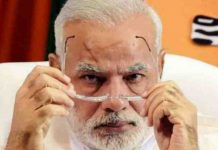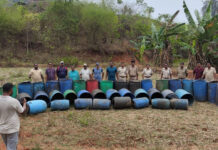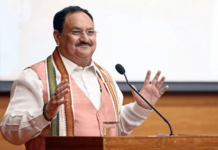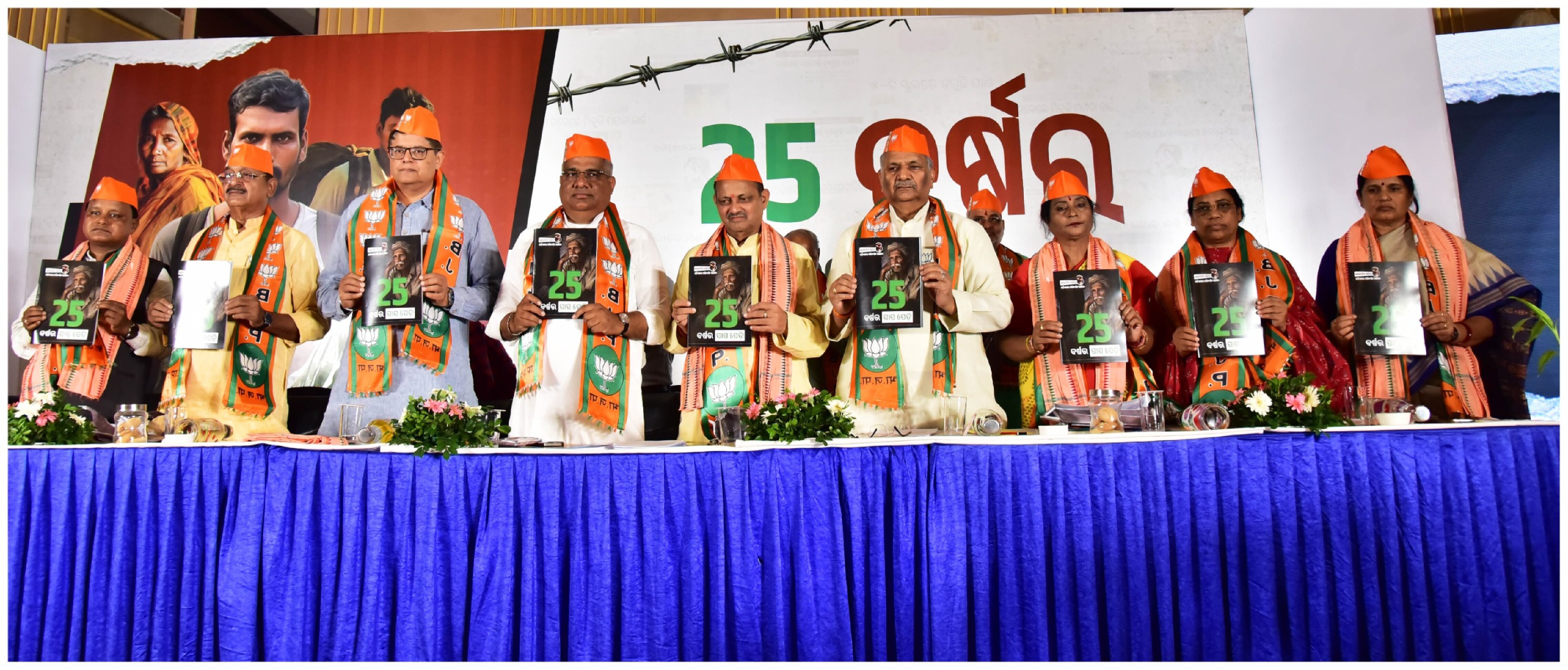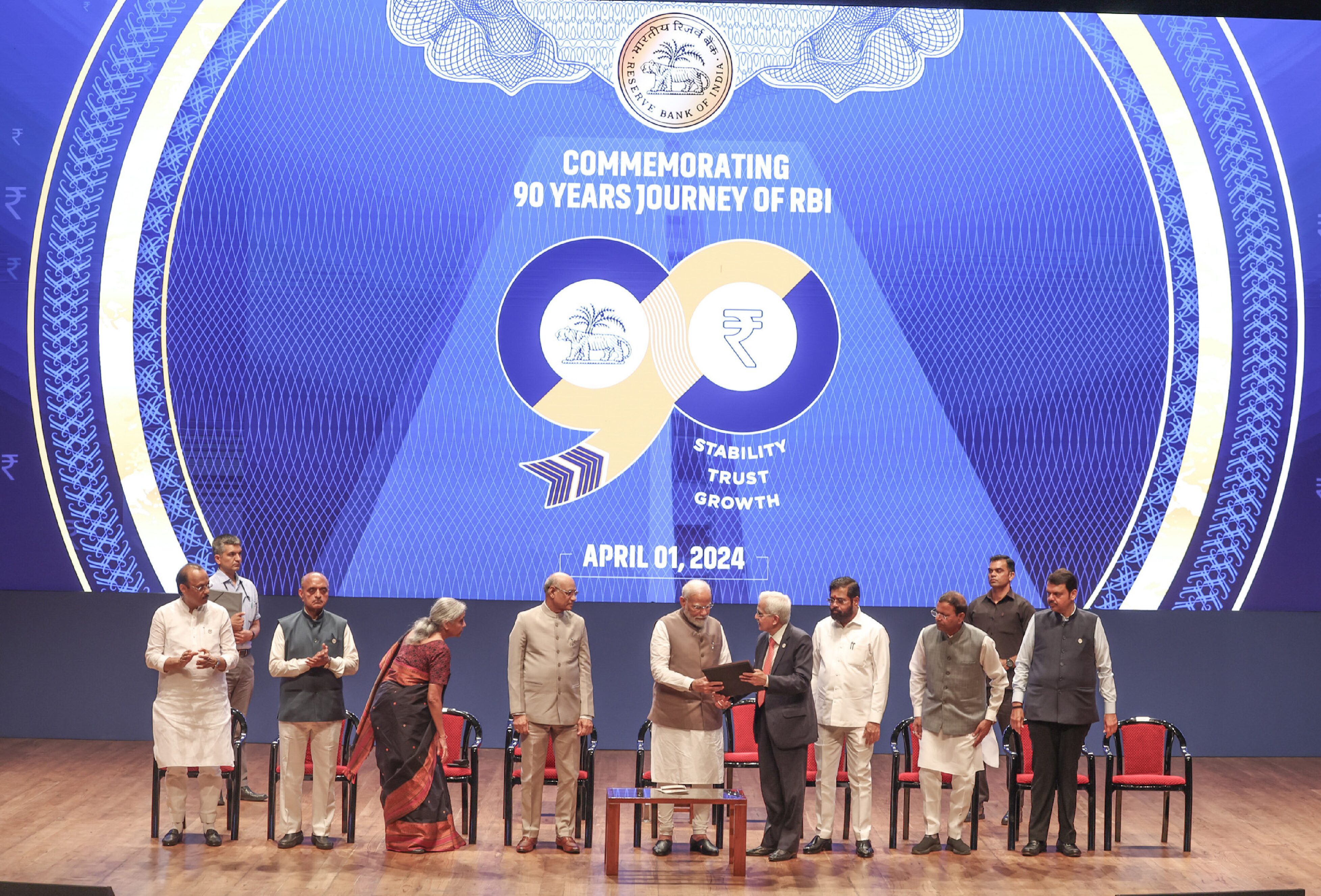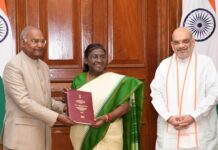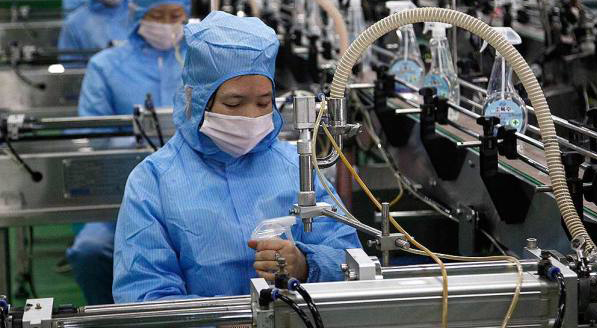A day-long digital conference on Rebooting the Economy through Science, Technology, and Research Translations’ (RESTART),organised on the occasion of National Technology Day, highlighted the importance of transformation of manufacturing companiespost-COVID 19 pandemic, collaborations and that Research should be brought closer to the Industry in overcoming the present challenge.
Experts at the session on ‘Medicines & Medical Technologies for better preparedness to face Pandemics’ were of the opinion that the pandemic is a great opportunity for R&D and needs to be used for strengthening it. The COVID crisis has unfolded some of the best medical advancements and innovations in history like drug discovery, vaccines, and diagnostic tools, and other medical devices, as well as ways to preserve electronic health records. Experts pointed out how these medical innovations can be harnessed for better preparedness to face future pandemics.Lead Healthcare experts from the UKMadhukar Bose explained that this pandemic has forced people to adopt new ways of primary care in the United Kingdom and said that now 90 percent interaction in the UK happen through digital channels. Dr. Suresh Jadhav, Executive Director, Serum Institute of India,said that it might take months or years to come back to pre-COVID-19 days and technologies needed to be reworked in order to live in the present situation. He added that technologies such as appropriate face masks and best practices like social distancing need to be made a part of life.
The session on ‘Advanced Materials’ outlined that to tackle pandemics like COVID 19, research needs to quickly switch over from being capital intensive to knowledge-intensive and should be brought closer to industry. Dr. Shekhar C Mande, Director General CSIR, pointed out thatthe strategy for CSIR is to shift from capital intensity to knowledge intensity of research, and we wish to become knowledge partnersof many industries.
Speakers at the session agreed that the novel materials such as smart materials, special purpose alloys, engineering polymers & blends, graphene, composites, etc. will be the key to revamping the industry’s product lines in the future.They described materials as the cornerstones for new-age technology solutions for complex functional problems. Research workers across the world are engaged in developing novel materials designed with specific properties and engineered to deliver focused functional requirements. Investment in such knowledge-based value-added materials will go a long way in accelerating the economic activities and ensuring an attractive return for the industry, they said.
The session on Advanced Manufacturing Technologies for Sustainable Future’discussed how manufacturing companies were undergoing digital transformation due to the COVID 19 pandemic.Alok Nanda, CEO GE India Technology Centre, said, “COVID has forced the Industries who were sitting on the fence to go for digital transformation, which has brought a tremendous change”.Rajiv Bajaj Managing Director Stratasys India pointed out that the world is moving towards mass customization and mass specialization today, and technology like 3-D printing plays a major role in it.Dr. BB Ahuja Director, College of Engineering Pune, stressed that additive manufacturing can change the fundamentals of manufacturing, and hence needed to be adapted rapidly.
Prof. Sarit Kumar Das, Director IIT Ropar, discussed the changes that COVID-19 time brings about in teaching and learning. “Collaboration and cooperation between industry and academia is most important in this period”, to make them a talent pool. Raghav Narsalay Managing Director, Accenture Research, highlighted that“COVID-19 and other challenges like climate change have shown that if we can move technology to the core, it can help us to understand these phenomena faster & better”. The panel agreed that in addressing short term and long-term challenges, advanced technologies would provide avenues to the industry to re-stimulate innovation, sustainability and employment.
The session on ‘Global Innovation & Technology Alliance for Global Economic Leadership’emphasized the importance of global collaborations in dealing with the challenge of COVID 19. Addressing the session, Dr. Renu Swarup Secretary, Department of Biotechnology, said,”In today’s scenario, virtual collaboration is the key to connect globally to fight against the common challenge of COVID-19, andcollaboration between countries must continue with much vigour”.
Mr. Vincenzo de Luca, Ambassador of Italy to India, spoke about how the regular organisation of joint workshops on topics likes Info. & Comm. Technology, Sustainable Energy & protection of the environment has helped build S&T cooperation with India.Mr. Hongryel Felix Choi Director, International R&D Cooperation Team Korea Institute for Advancement of Technology, reflected that they are working closely with Global Innovation & Technology Alliance (GITA) in India in S&T field. Luc Tran, Industrial Technology Advisor from National Research Council (NRC) Canada, mentioned, “Canada has taken up a Pandemic response challenge program, an initiative for breakthrough technologies, leveraging of Global Presence, Innovation Assistance program and program like ‘Life Without a Vaccine’ as some of the initiatives making Canada COVID ready.”
Dr. Amiram Appelbaum Chairman, Israel Innovation Authority, highlighted how his government is harnessing its innovation ecosystem with health crisis. “We are assisting the high-tech ecosystem to survive the financial crisis and addressing the immediate needs of startups and MSME of Israel to ensure economy stays on track.”
“India is willing to collaborate & we are looking forward to international collaboration to fight the pandemic and win it over,” said Dr. SK Varshney Head- International Cooperation, DST. The inaugural session of the conference was graced by the dignitaries including the Union Minister of Science and Technology, Health and Family Welfare and Earth Sciences, Dr. Harsh Vardhan; Member, NITI Aayog Dr. V K Saraswat; Principal Scientific Adviser Government of India, Prof. K VijayRaghavan; Secretary, Department of Science & Technology Prof Ashutosh Sharma, Dr. Soumya Swaminathan, Deputy Director-General, World Health Organization, and officials from DST and Technology Development Board (TDB).The day-long digital conference brought together at one platform scientists, government officials, diplomats, academia, and representatives of industry. It was organized by Technology Development Board (TDB), an autonomous organization of the Department of Science and Technology (DST) along with Confederation of Indian Industry (CII).







